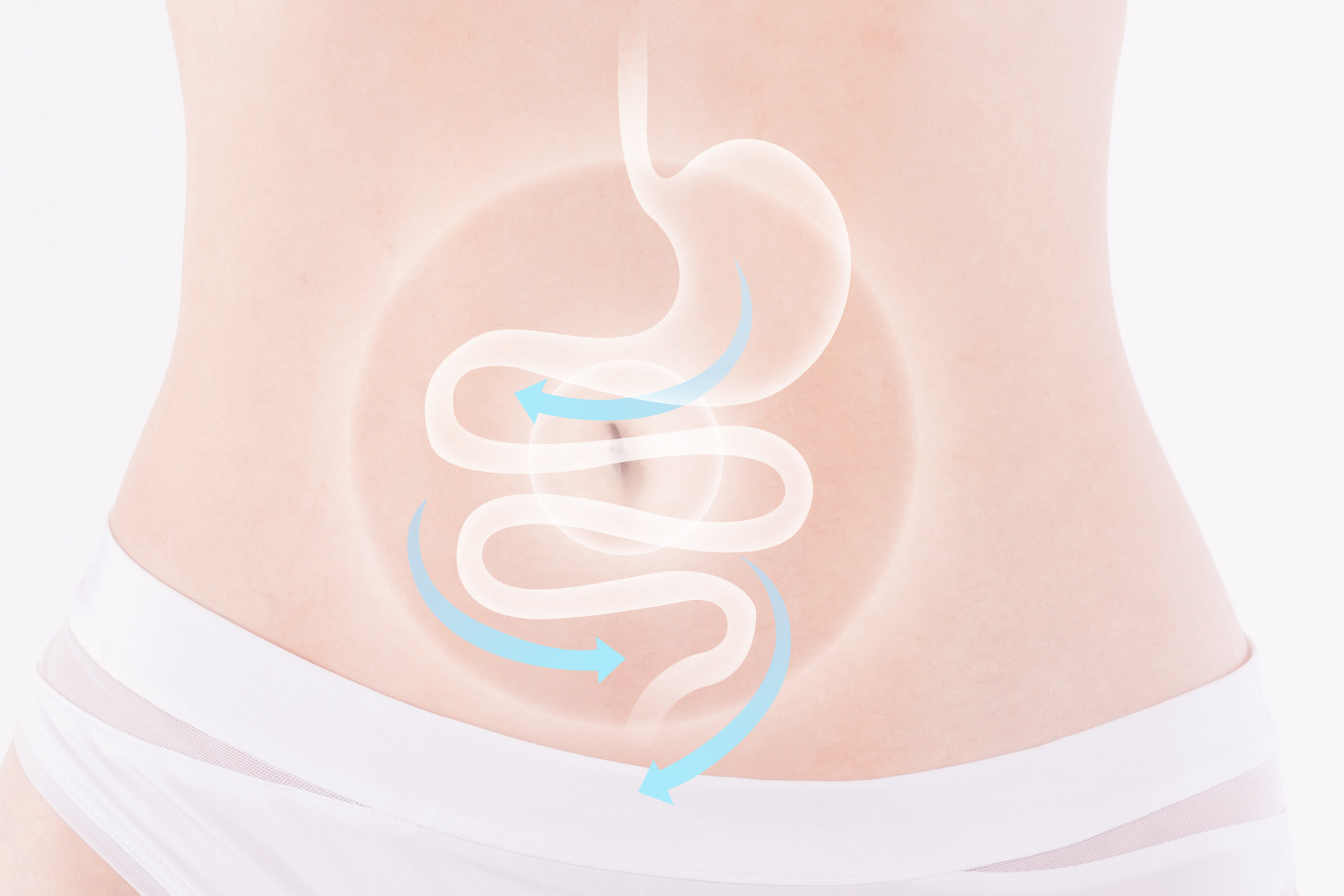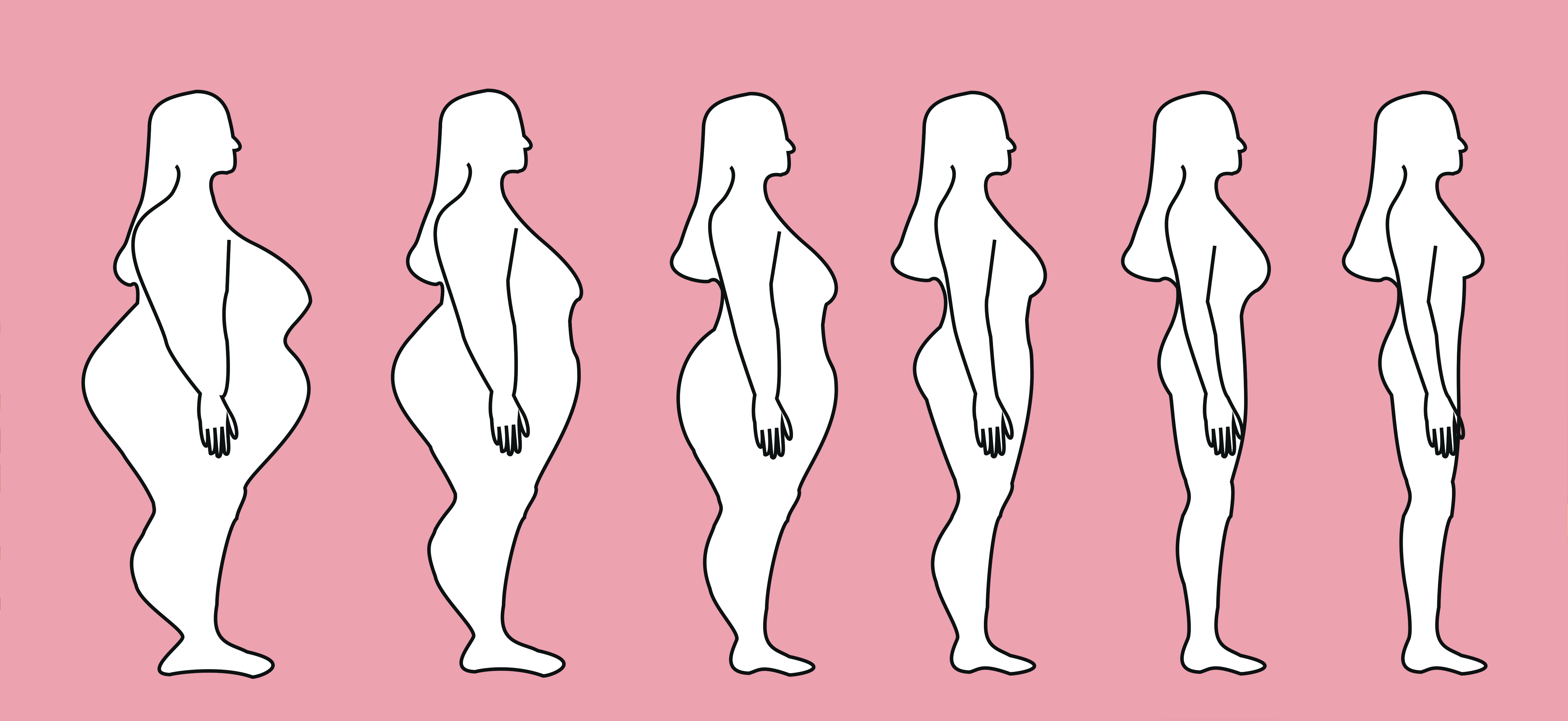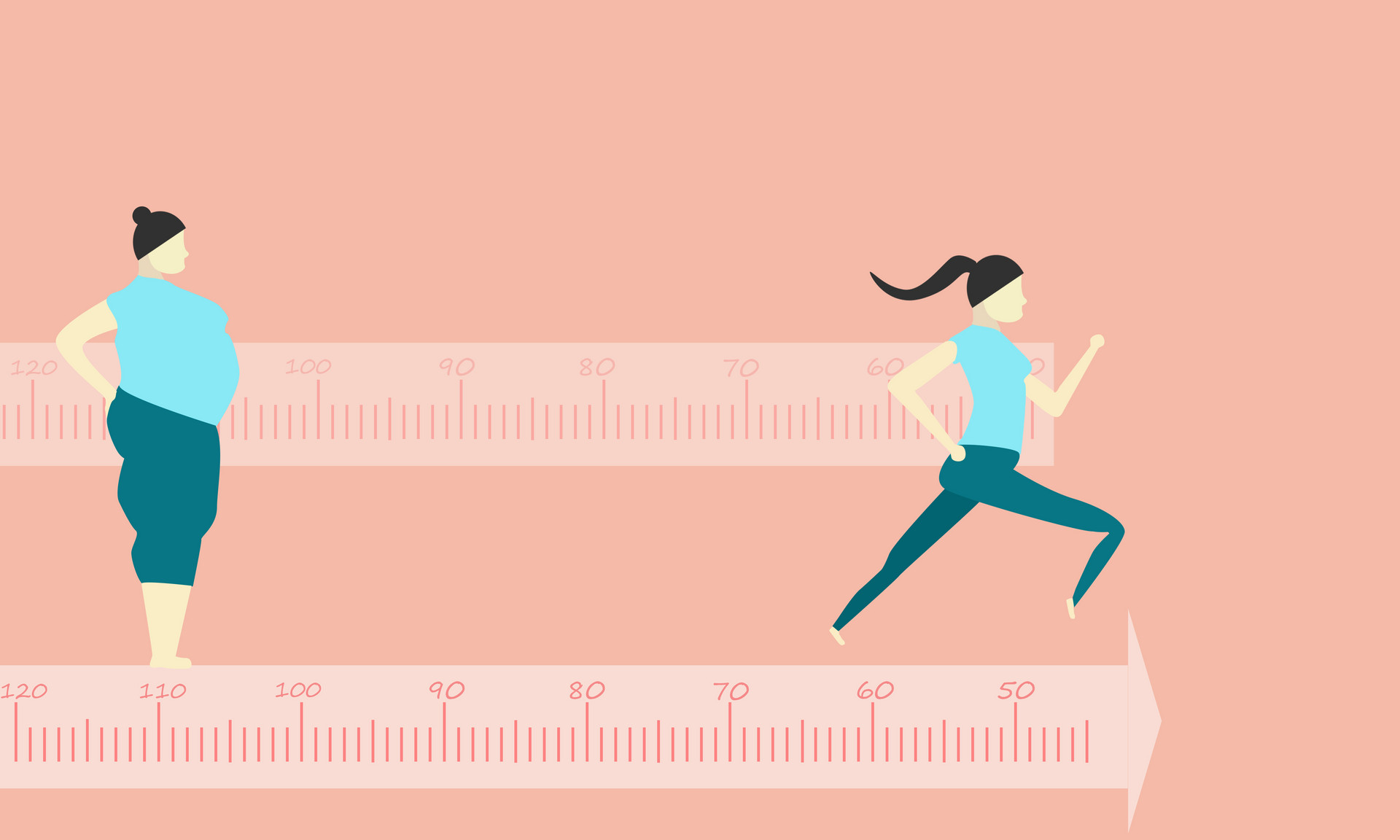The Spring Festival holiday is over, and people must have eaten a lot of high-calorie food during this period, which leads to the occurrence of obesity due to excessive energy intake. Many people gained three to five pounds during the holiday, and some even gained ten pounds. Because of the increase in weight, people have to start the business of losing weight. However, at the same time, they may fall into misconceptions about losing weight, which makes their bodies become even fatter!
Please answer: What are the common misconceptions about losing weight?
Skip one meal a day or skip two meals a day; only eat vegetarian food and avoid meat; take a walk after every meal; besides these, there are many unexpected misconceptions about losing weight!
What happens to the body if you skip one meal a day or skip two meals a day?
Some people believe that obesity is caused by eating too much food, so they want to lose weight by reducing food intake, and one way to reduce food intake is to reduce the number of meals, often skipping breakfast and dinner. This method indeed has the effect of losing weight, but in the long run, it can lead to abnormal gastrointestinal function and malnutrition.
For those who regularly skip one or two meals, they may replace energy with small biscuits or sugar cubes, without realizing that the calorie content of these foods is higher than that of ordinary vegetables and rice, which leads to obesity. In other words, the more they try to lose weight, the fatter they become.
What happens to the body if you only eat vegetarian food and avoid meat?
Vegetarian food itself has less fat, while meat contains higher fat content and calories. Therefore, people may choose to only eat vegetarian food and avoid meat to lose weight, but this method can easily cause an imbalance of oil in the body.
If a person eats vegetarian food for a long time, it will lead to excessive intake of dietary fiber. Vegetarian food contains a lot of insoluble fiber, which can slow down gastric emptying. This is why bloating and indigestion occur.
What happens to the body if you take a walk after every meal?
The saying goes, "Take a hundred steps after a meal, and you will live to be ninety-nine." This emphasizes that taking a walk after a meal can promote intestinal peristalsis and protect the gastrointestinal tract. If people think that this saying can help with weight loss, then they are mistaken because taking a walk after a meal does not have the effect of losing weight.
Walking is just a slow-paced activity that has a certain effect on the gastrointestinal tract. But if you want to burn the fat in your body, you need to do fast walking, and the duration of fast walking should be at least 20 minutes. Only then can the fat in the body burn quickly.
It is common for people to gain weight after the holiday, and they usually choose fast weight loss methods. However, various misconceptions may arise. The methods mentioned in this article are common misconceptions about losing weight. I hope everyone pays attention to them in order to avoid harming their health.
This article is copyrighted by Sanjiu Health Group. Unauthorized reproduction is strictly prohibited.












